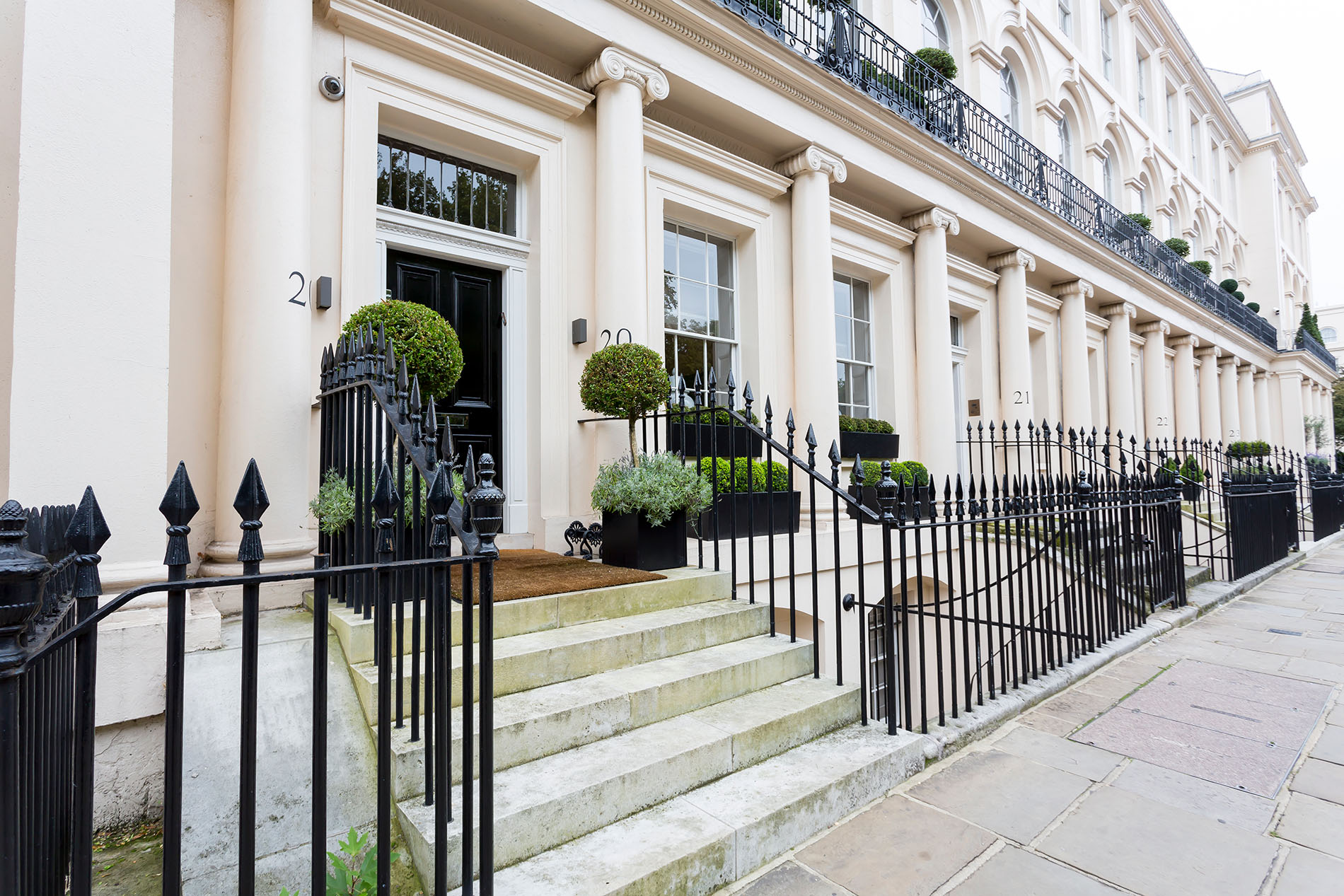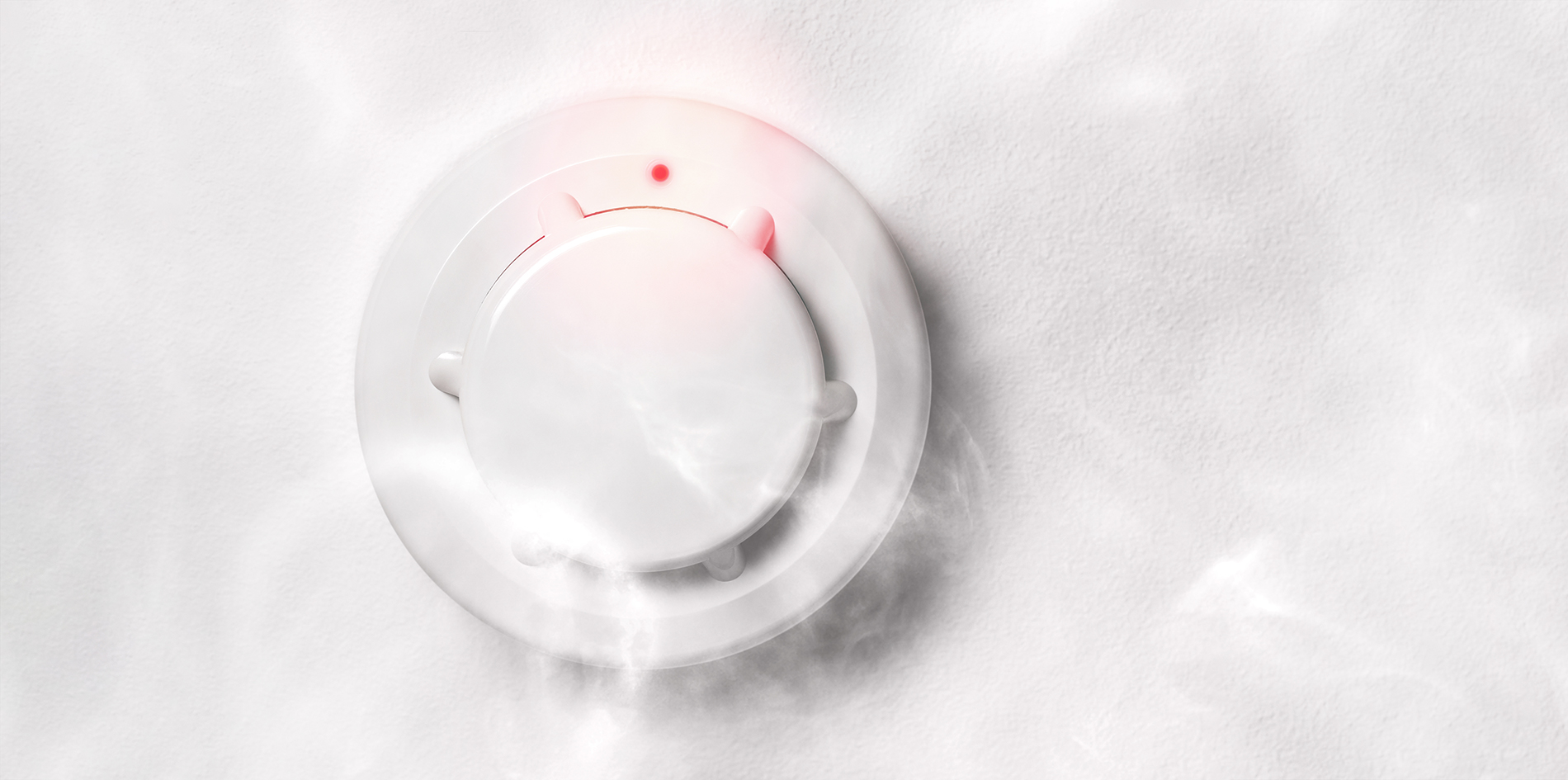Darren Bagnall from Manage Your Block explains the importance of working smoke detectors.
The importance of fire safety, both from an insurance point of view and simply for the sake of those in your household, should not be underestimated.
According to Government statistics, in the year to September 2020 there were 27,797 primary dwelling fires in England alone- 74% of which were in houses, bungalows, converted flats and other properties and 26% were in purpose-built flats.
These fires unfortunately resulted in 179 fatalities and 6596 casualties- 2823 of which required hospital treatment.
With the majority of house fire-related fatalities occurring during overnight incidents (between 10pm and 6am), working smoke alarms are absolutely imperative to improve the level of safety in your home or block.
Every Second Counts
While smoke alarms can’t ensure your safety, they can provide valuable seconds for you to react should the worst happen. According to First Alert, a home can be engulfed in flames in under 4 minutes with small fires raging beyond control within 30 seconds.
Within just a couple of minutes of outbreak, a fire can create enough thick, dark smoke to make it impossible to see your hand at the end of your arm, let alone your way out. Add to that a sleepy, confused state (and the intense heat) and you have a recipe for disaster.
Having a working smoke alarm in place has been associated with lower casualty rates and reduced damage with some studies suggesting that you are 4 times more likely to survive with a working smoke alarm in place.
Personal Household Escape Plans
Having a clear, well-rehearsed fire escape plan for your household is also good practise. This can help avoid blind panic and send everyone into ‘action mode’ rather than allowing precious seconds to slip away while sense is made of the situation.
The plan should include 2 possible escape routes from each room with considerations made for less physically able members of the household and a twice-yearly rehearsal with the fire alarm sounding.
It’s also a good idea to teach children not to hide in the event of a fire and to involve them in the escape plan from the beginning,
Positioning
Wondering where your fire alarms should be installed? As a general guide, AICO suggest:
- They should be 300mm from walls, light fittings or any obstructions
- They should be fitted as centrally in the room as possible
- There should be a smoke alarm within 3 metres of every bedroom door
- There should be an alarm in between high-risk rooms (for example, the kitchen) and any bedrooms
- They ideally shouldn’t be fitted too closely to bathrooms as steam and moisture can affect their functionality
Testing
We all know we should be testing our fire alarms, but how often is enough?
According to the Devon and Somerset Fire Rescue Service, to keep your smoke alarm in good working order, you should:
- Test it once a month by pressing the test button until the alarm sounds
- Change the battery once a year (unless it’s a ten-year alarm)
- Replace the whole unit every ten years
- Clean your smoke alarm once every three months using the soft brush of your vacuum cleaner to remove any excess dust or insects
Setting regular alarms in your calendar and allocating duties among the adults in your household can help ensure that what needs to be done gets done. Some people find it useful to use the bi-annual clock change for Daylight Savings as a reminder to replace the batteries in their alarms just to be sure.
Head to our website for details of Manage Your Block and our sister company Block in a Box– tools specifically designed to make the lives of RMC directors simpler and easier.


